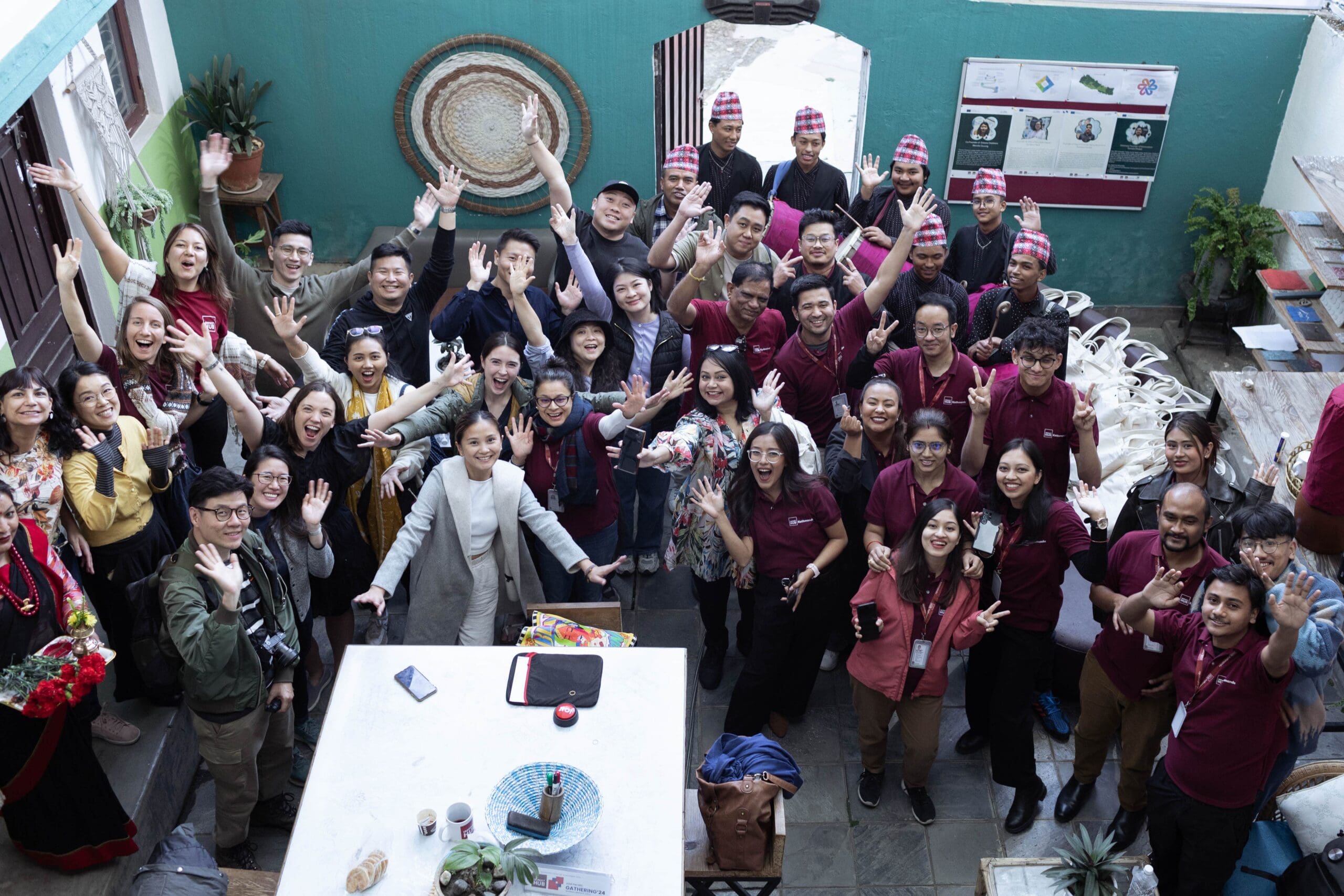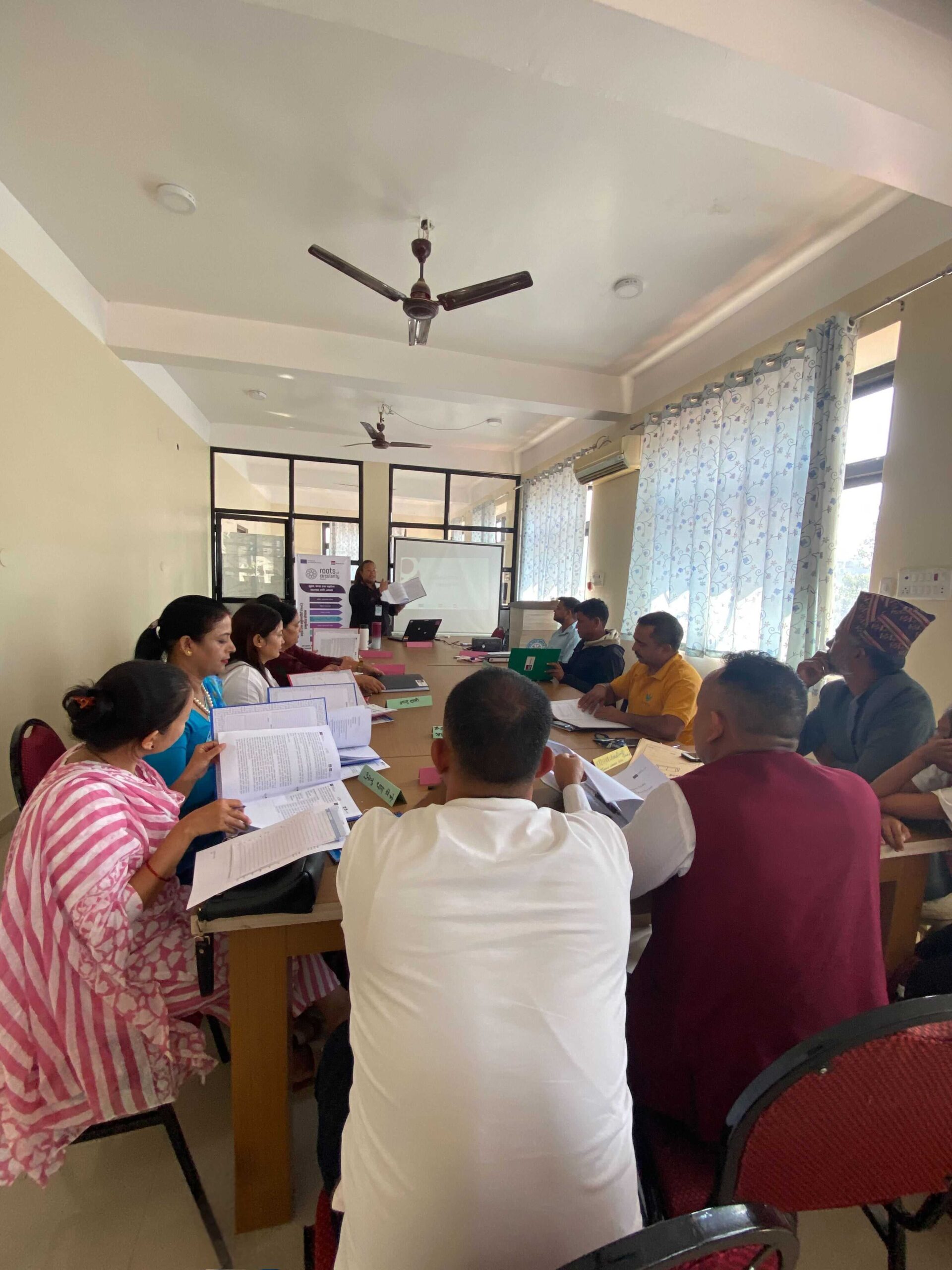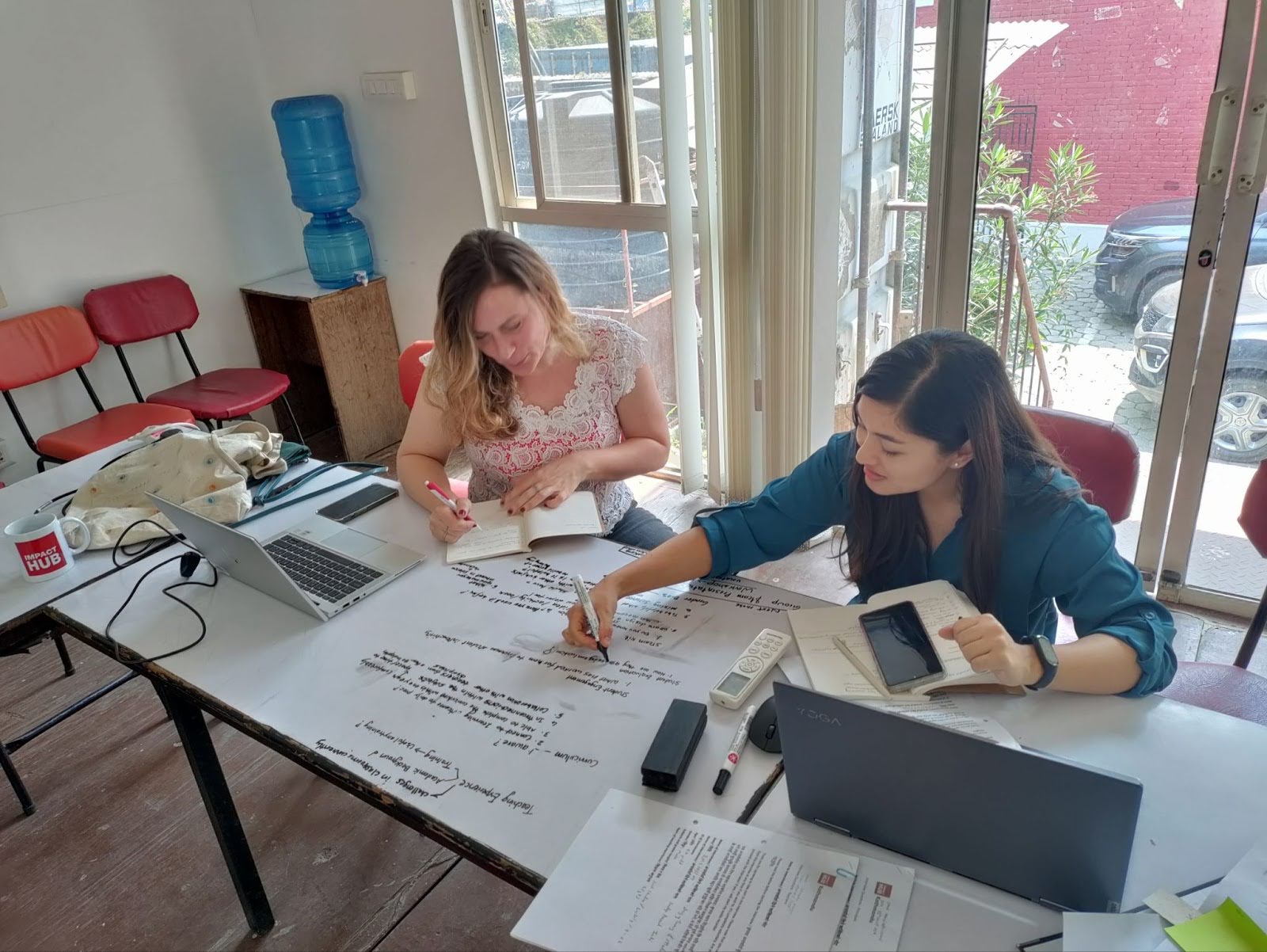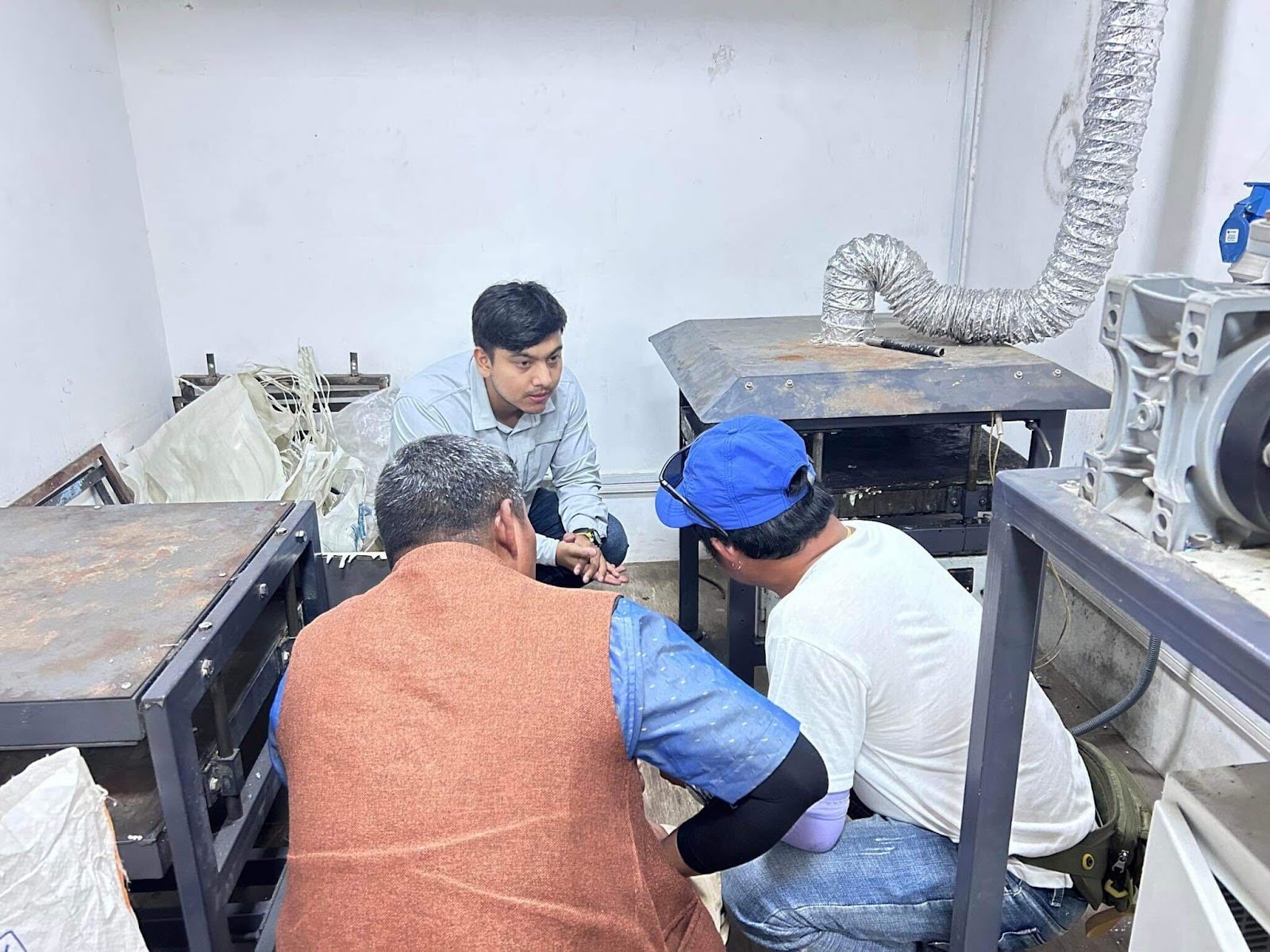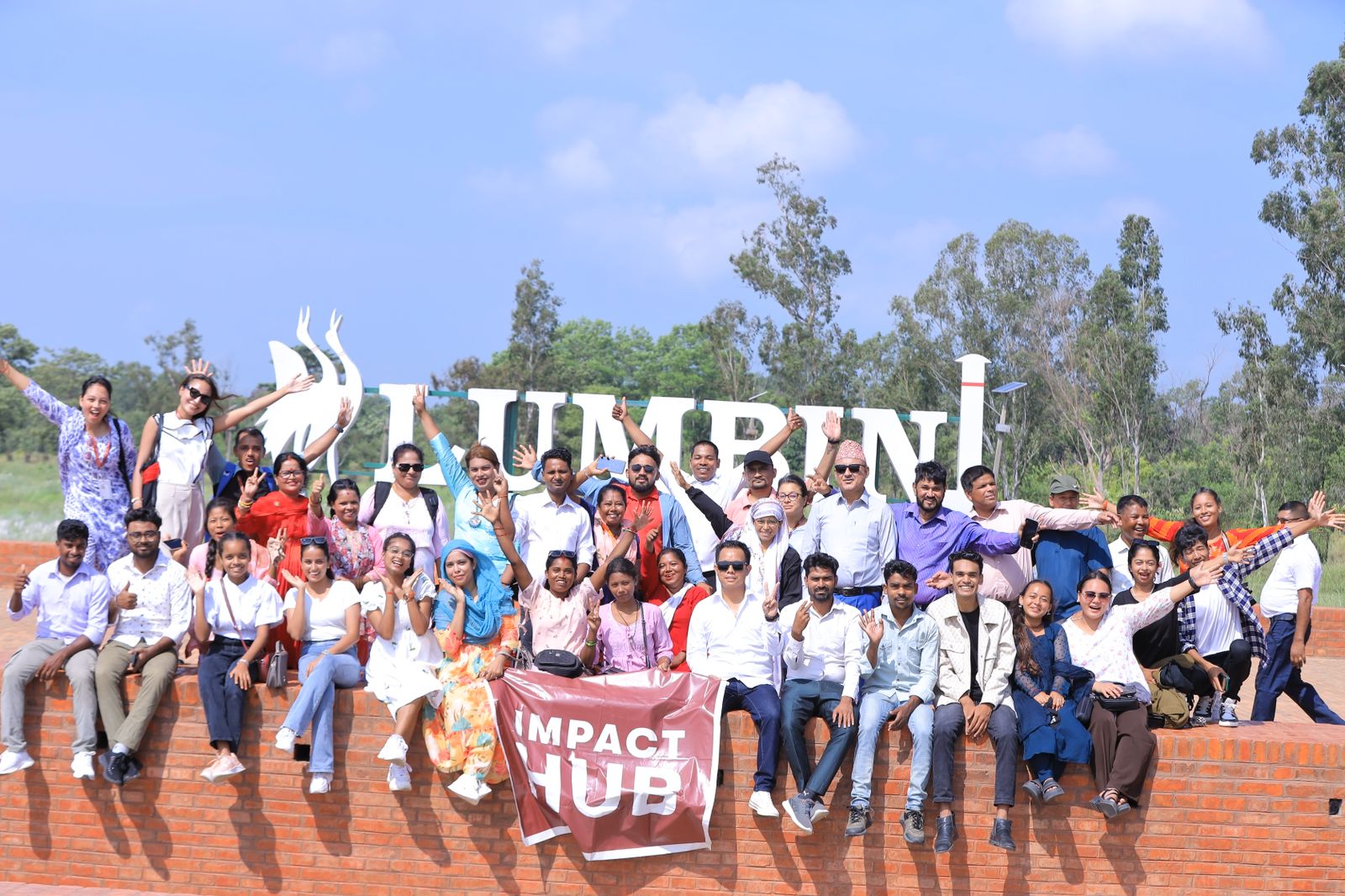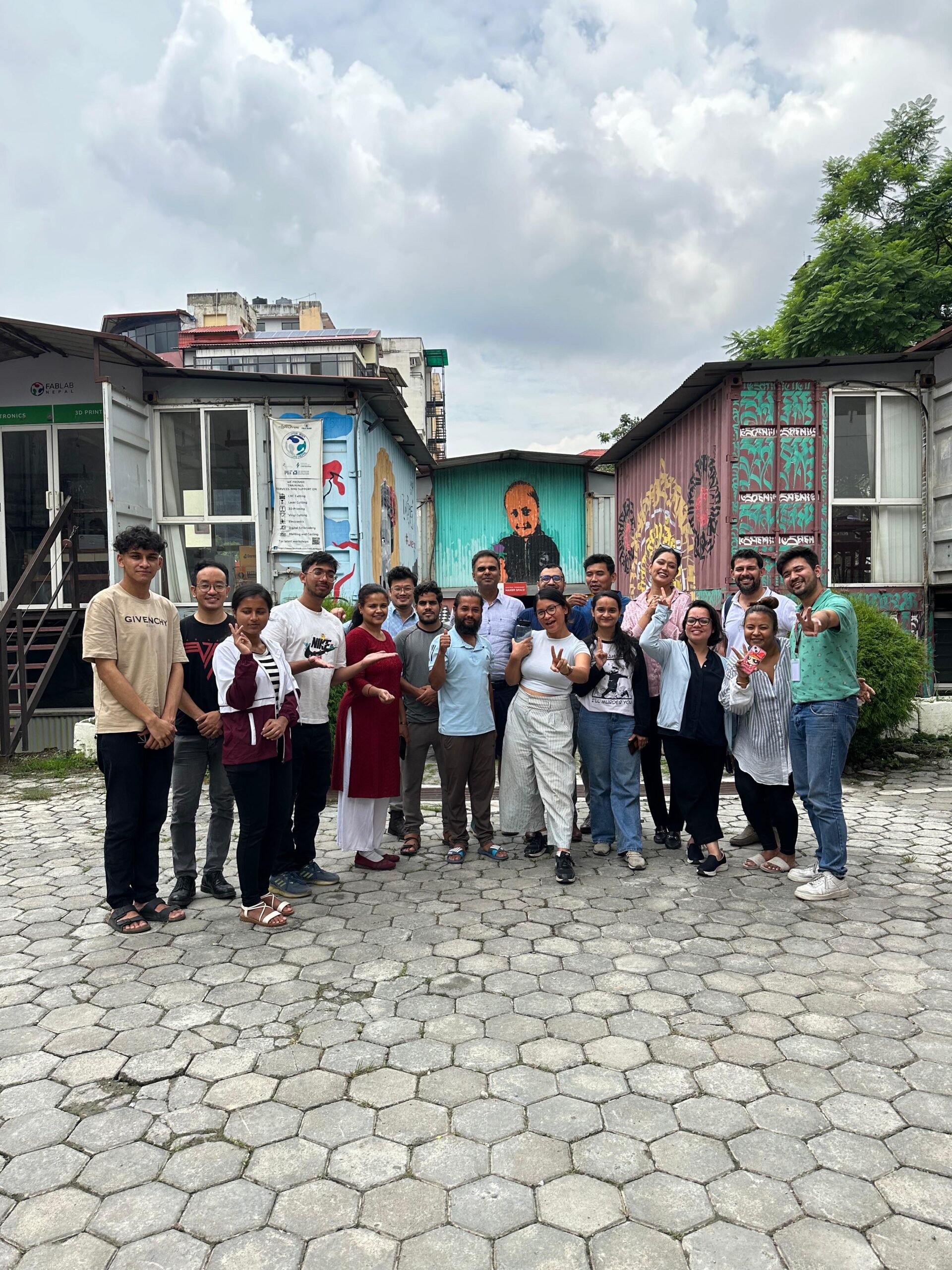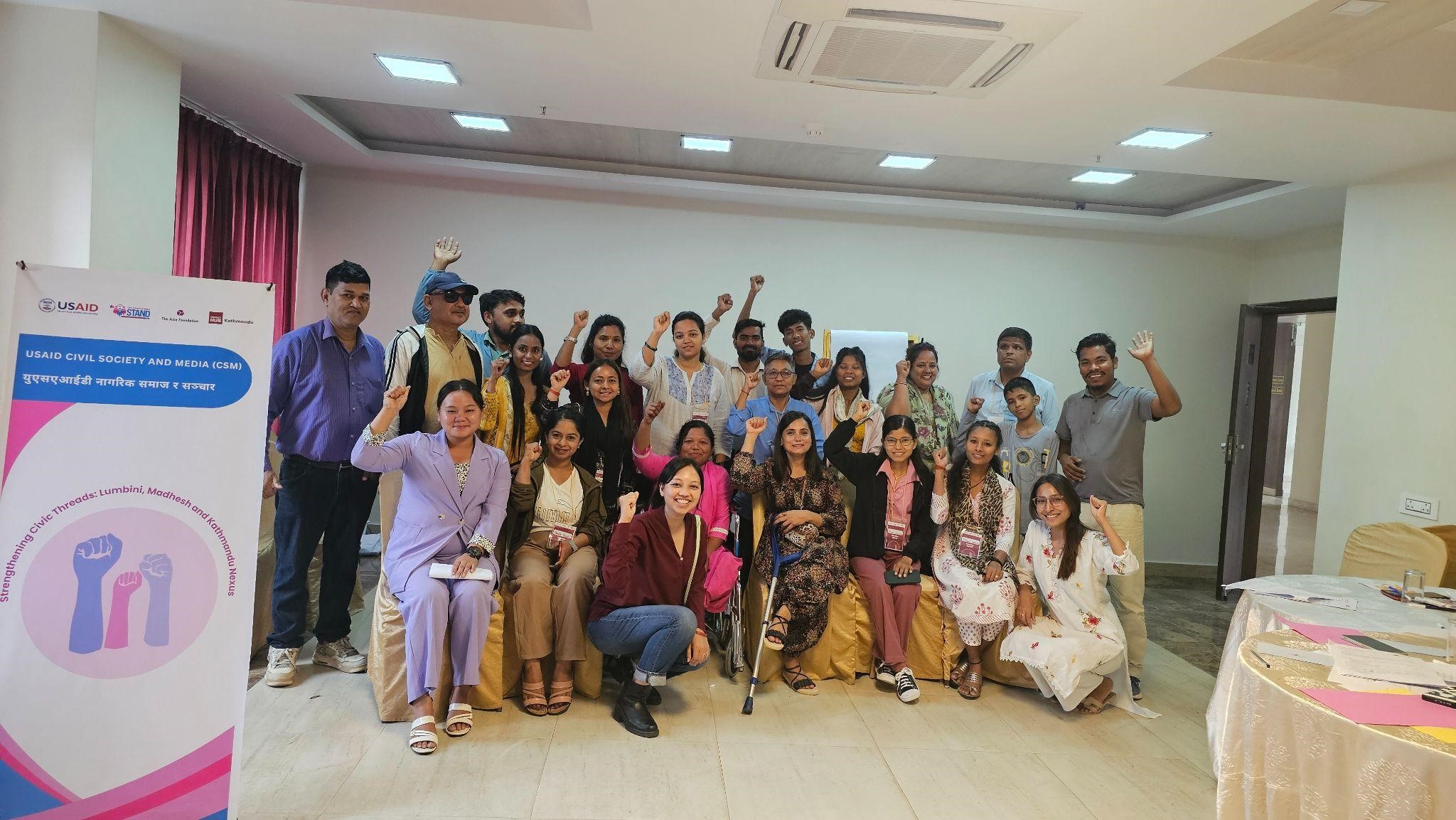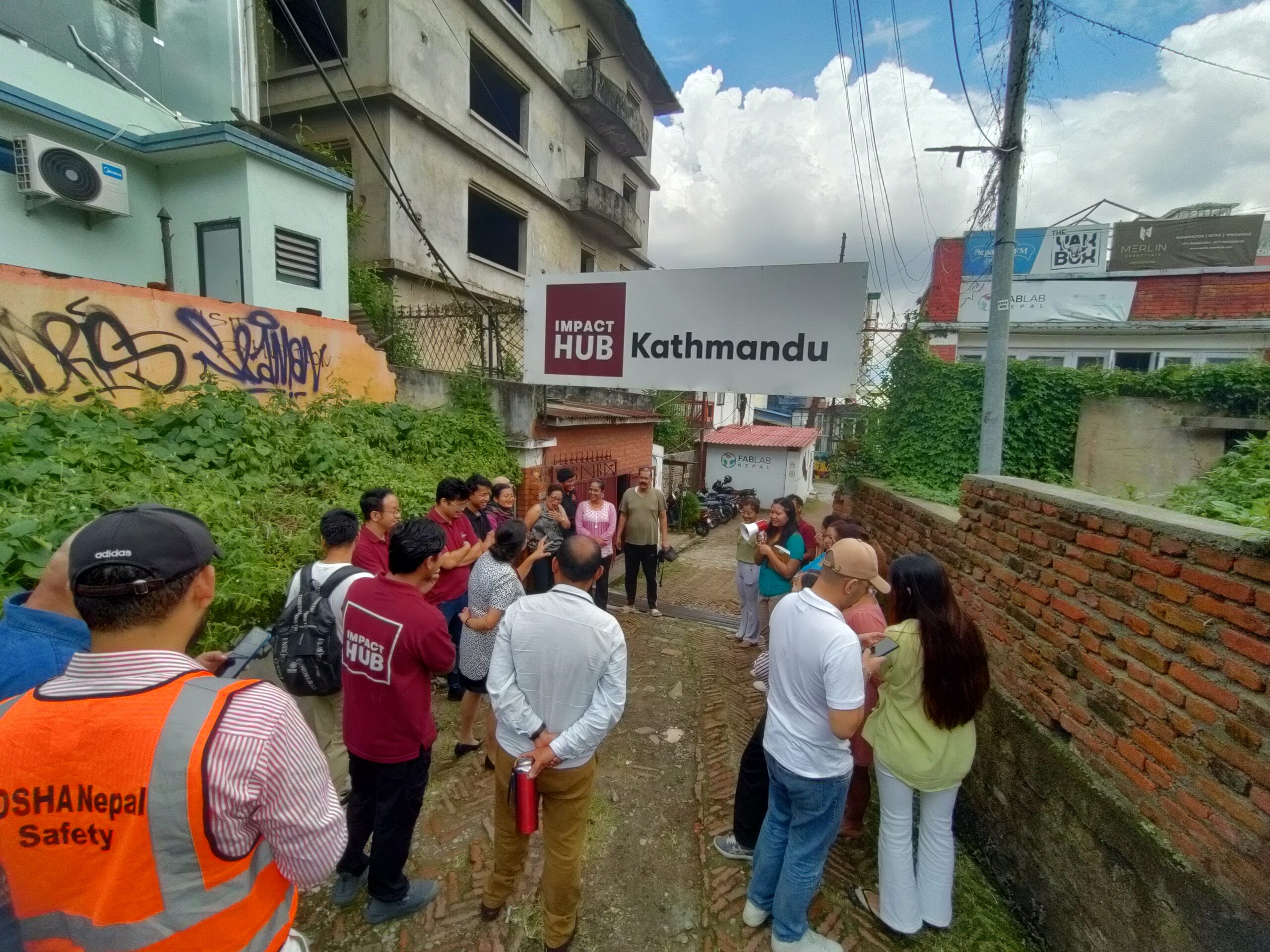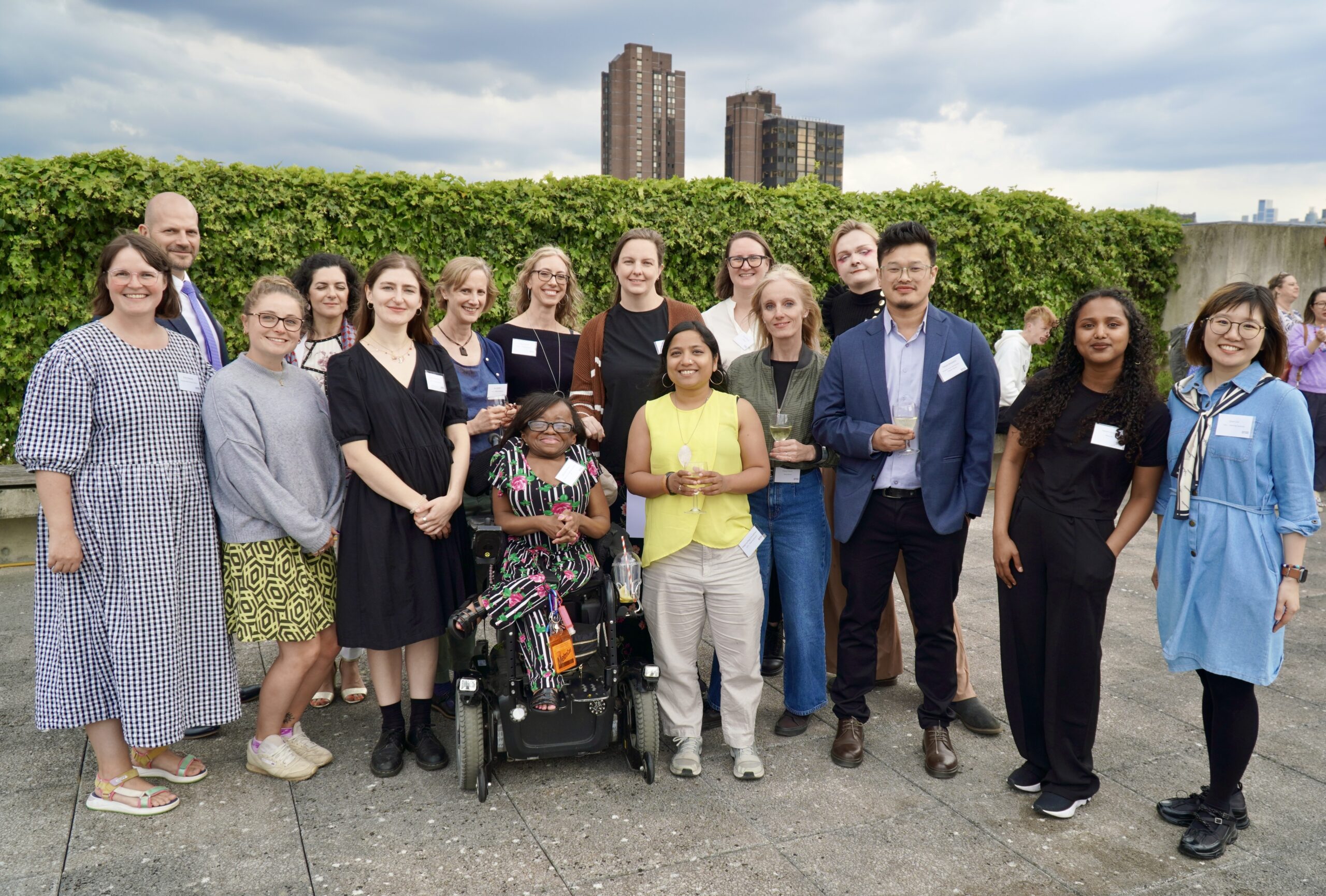Nepal Communitere, in partnership Field Ready, and local engineering clubs and universities across Nepal and Bhutan, is piloting the Humanitarian Design Challenge (HDC) in Nepal. The project which will officially start in 2020, is currently in this mapping phase.
The Humanitarian Design Challenge will provide knowledge and practical experience in digital manufacturing, 3D designing and rapid prototyping to over 500 student-engineers, makers, and teachers from Nepal and Bhutan. Through design workshops, the participants will tackle a challenge that will particularly focus on real world solutions for disaster-affected communities. The project will not only find real world solutions to many challenges but also improve and increase the network between universities and maker organizations in the two counties. Teams of students, teachers, and people in the private sector will be made so that they can create products that tackle real-life challenges.
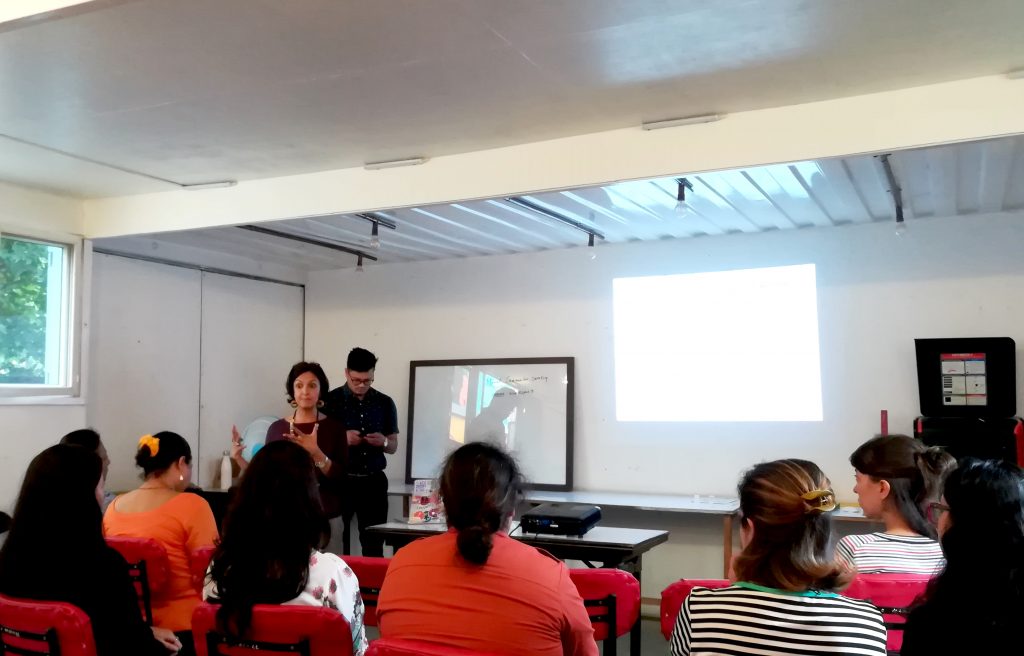
According to Pallab Shrestha, Technical Associate and Program Coordinator at Nepal Communitere, “challenges usually focus on the medical sector and the agricultural sector, and seek to create solutions for local problems for local improvement.”
In 2020 HDC will engage over 30 engineering and tech organizations for the two countries to create a network focused on digital manufacturing, and organize and conduct 10 demo workshops at academic institutes, maker organizations, and private sectors, focusing on Human-Centered Design (HCD), 3D design, rapid prototyping and preparing for HDC.
The pilot program is currently being run and is in it’s mapping phase . During this mapping period, the currently stakeholders and doing surveys and research to get knowledge on future participants, mapping skills and understanding the currently digital manufacturing scenario, and assessing the needs of the people so that HDC can be properly implemented when the project officially starts in 2020. A few demo workshops have already happened: At the Institute of Engineering, there was a women-focused session, and then another one at Kathmandu university in Dhulikhel, where there were many people involved in disability-focused organisations, students, and lecturers present. Their next targets are Pokhara, Bandipur and Chitwan where they will engage both engineers and non-engineers.
3D design, digital manufacturing and humanitarian making can have a transformative power, and engaging a significant number of future engineers at university level is important. The project would contribute to resources for humanitarian developments by providing open source designs for humanitarian products and maps significant actors. The country’s open source culture would also improve.

